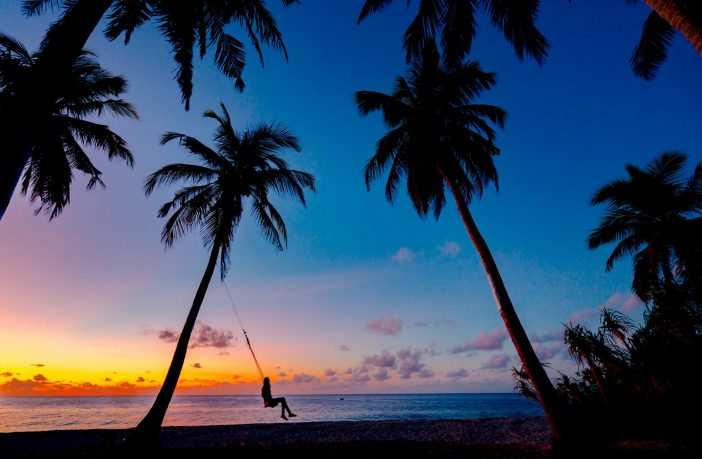- Marine energy company Innosea will team up with Suntrace, a Hamburg-based independent renewable energy advisor, as well as Renewable Energy Maldives (REM) and two environmental and social consultants to work on this forward-looking project.
The assignment encompasses technical support to the Maldivian government to develop floating solar in seawater near various islands within the archipelago. As such, Innosea will provide preliminary estimates of the potential for FPV in two regions of the archipelago, proposals on international best practices for FPV development, support to the upcoming tendering process and coordination for the deployment of a 12-month site-specific data collection.
The project is part of the Accelerating Renewable Energy Integration and Sustainable Energy (ARISE) programme – an initiative funded by the World Bank to accelerate the integration of renewable energy sources in the Maldives and in particular island states, to overcome challenges caused by climate change.
“We enjoy the challenge of every renewable project we are involved with. Nonetheless, given the Maldives’ vulnerable situation with regards to rising ocean levels caused by global warming, this project is especially meaningful,” says Benoit Briere, senior project manager at Innosea.
The project also includes a 12-month current and wave measurement campaign to qualify site conditions and allow for further site selection and FPV plant design.
Maldivians have enjoyed universal access to electricity since 2008 but for the near-80-islands, diesel generators remains the main source of power generation.
Author: Bryan Groenendaal
















